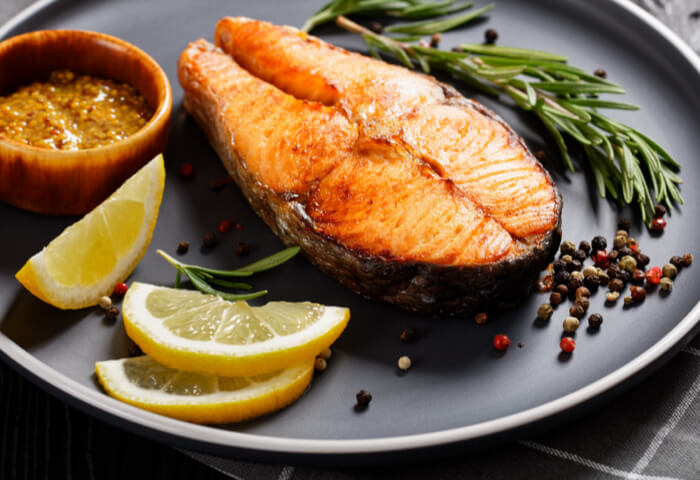
Topics at a glance:
- What are proteins?
- Why proteins are important
- The remedy of choice against cravings
- Protein-rich foods
- How much protein per kilogram of body weight is ideal for a balanced diet?
- The ideal macronutrient distribution
- How to get the most protein
- Complete and incomplete protein
- The art of protein combinations
- Benefits of protein combinations
- Simple protein combinations
- Protein-rich dishes for your diet
| Target group | Protein requirement (g/kg body weight) | Description |
| Adults General | 0.8 g | Average recommendation for healthy adults with no special requirements. |
| Sportsman | 1.2 g - 2.0 g | Increased need to support muscle building, recovery and performance. |
| People with increased protein needs - Older people | 1.0 g | Increased to prevent muscle loss in old age and maintain health. |
10-35% of the daily calorie intake, which corresponds to about 1.2-2.0 grams per kilogram of body weight. For example, protein-rich foods such as chicken or quark contain about 20-30 grams of protein per 100 grams.
At least 50% of the calorie intake, whereby endurance athletes in particular need a higher carbohydrate intake to replenish glycogen stores (recommendation of the DGE).
Ideally, a maximum of 30% of the calorie intake should be from healthy, unsaturated fatty acids in order to cover energy requirements and support hormonal processes.



























